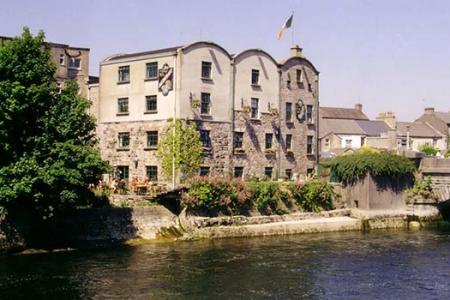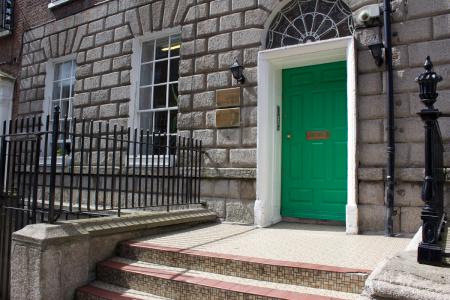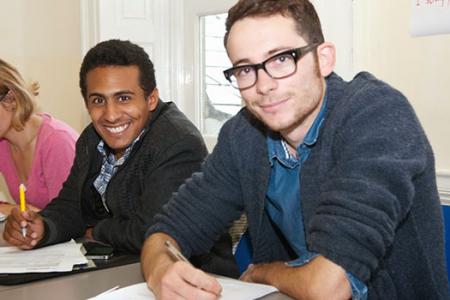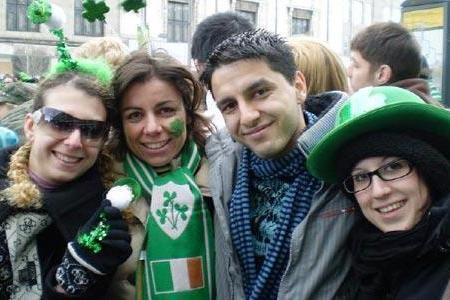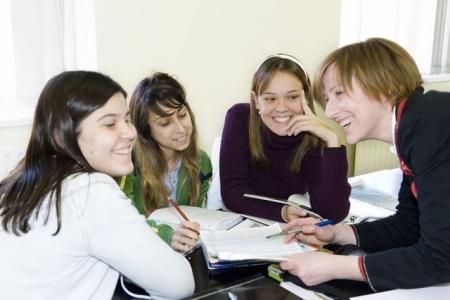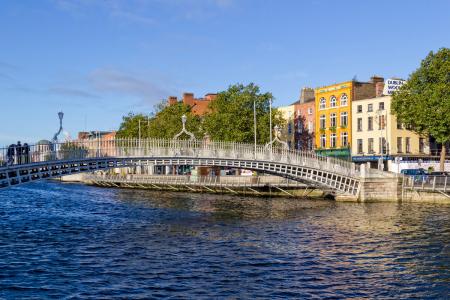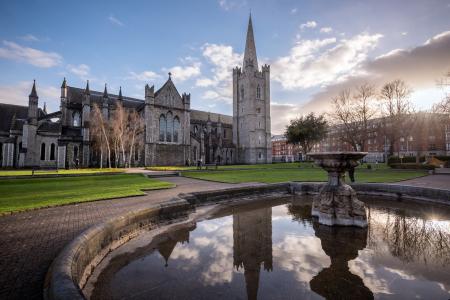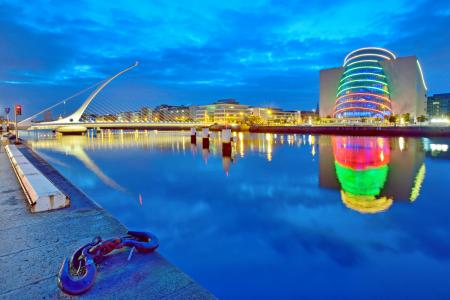COURSE DESCRIPTION:
The ideal course for non-native English teachers who need to either refresh or upskill their English language teaching techniques. Our course blends theory and practice in ELT using lecture format and practical activities based on Communicative Language Teaching (CLT) methodology. Throughout the course, participants are encouraged to reflect on their own practice, consider alternative practices and try out a variety of classroom activities to make language learning more interesting.
WHO IS THIS COURSE FOR?
This course is of significant benefit to teachers of English who:
- Need to upskill their English language teaching techniques with students of all ages from aged 9+
- Wish to familiarise themselves with international best practice in ELT
- Need to deepen their own knowledge of the language
COURSE OBJECTIVES:
The objectives of this course on Modern Methodologies in the Language Classroom are:
- To familiarise participants with recent pedagogical and classroom technology developments in English Language Training
- To Increase awareness of current trends in assessment for the language classroom
- To create a digital portfolio of projects, tasks and web tools for language teachers which will act as a reference for implementing new techniques in participants own classrooms and will help to facilitate dissemination of each participant’s Erasmus+ project
- To provide opportunities for reflection on their own practice
- To develop and consolidate participants’ own language skills
- To promote awareness of contemporary Ireland
- To establish contacts and share information with teachers from a variety of European backgrounds and facilitate future networking among these professionals
METHODOLOGY:
This 2 week course on Modern Methodologies in the Classroom is a practical, hands-on, participative course which focuses on exploring a range of up-to-date approaches to language teaching. The input sessions are a blend of lecture format and practical activities. Throughout the course, participants are encouraged to reflect on their own practice, consider alternative practices and try out a variety of classroom activities through lesson planning, workshops and presentations.
FORMAT:
This course on Modern Methodologies in the Classroom is a 2-week course, consisting of 40 contact hours as well as an afternoon workshop and an afternoon cultural programme, which is directly linked to the morning sessions. These afternoon sessions provide an opportunity to familiarise participants with Irish history and culture as well as to practise English language in an informal environment and to consider ways in which school trips in their own teaching environments could be used to develop language skills of their students. Advice is provided on opportunities for extended Informal Learning and Personal Research related to their course on Saturday and Sunday.
FOLLOW UP:
On the final day of the course, the participants engage in a reflection session in which they are encouraged to examine benefits gained from the course and complete a course evaluation form. Participants are encouraged to keep contact via email and private social networking. Regular follow-up contact is made with the participants after completion of the course. The trainers are available for follow-up advice and support at all times.
SAMPLE PROGRAMME:
1) Monday
- Induction, orientation and information dissemination
- Overview of methodology. Creation of digital portfolio
- Orientation tour of Dublin
2) Tuesday
- Review of theory and methodology in language learning. The role of learner autonomy in language learning
- Early Irish history session, Use of reading text in the classroom through CLT and CLI
- Visit to the National Museum
3) Wednesday
- Communicative language games and activities
- Activities to promote speaking in the clasroom. The CEFR
- Visit to Botanical Gardens
4) Thursday
- Using the internet as a resource. Evaluating sites for educators
- Developing the reading skill - using written texts in the clasroom
- Visit to GPO 1916 exhibition
5) Friday
- Embedding Assessment into the Language Classroom – implementing self-assessment, peer assessment and self-reflection
- Using drama activities to develop communication skills
SATURDAY AND SUNDAY - Free Days
6) Monday
- Developing the listening skill. Songs in the classroom
- Developing materials for skills lessons
- Visit to Henrietta Street Museum
7) Tuesday
- Evaluating apps and tools to promote Higher Order Thinking Skills in the classroom
- Making pronunciation communicative and fun in the classroom
- Visit to Christchurch Cathedral
8) Wednesday
- Developing the writing skill. Writing and project work
- Language analysis. Raising language awareness. Types of grammar
- Visit to the Chester Beatty library
9) Thursday
- The lexical approach to teaching vocabulary and collocations
- Learner autonomy and Project-Based Learning. Examples of projects for the language classroom
- Workshop: Exploiting film in the classroom using a contemporary Irish film as an example
10) Friday
- The Irish education system. - comparison with other European models
- Course review and evaluation
- Establishment of base and guidelines for future contact and networking
Przykładowe zajęcia dodatkowe:

city tour/walk, conversation practice, cultural activities, film evenings, guided walks, international evenings, museum visits, orientation tour, pub and restaurant evenings, theme workshops

Guinness Storehouse *, Jameson Distillery *, National Archaeology museum, National History museum, National Gallery, Glendalough *, Trim and Tara *, Boyne Valley *, Trinity College *, Croke Park, Kilkenny *, Bray Head
* zajęcia dodatkowo płatne
Akredytacje





